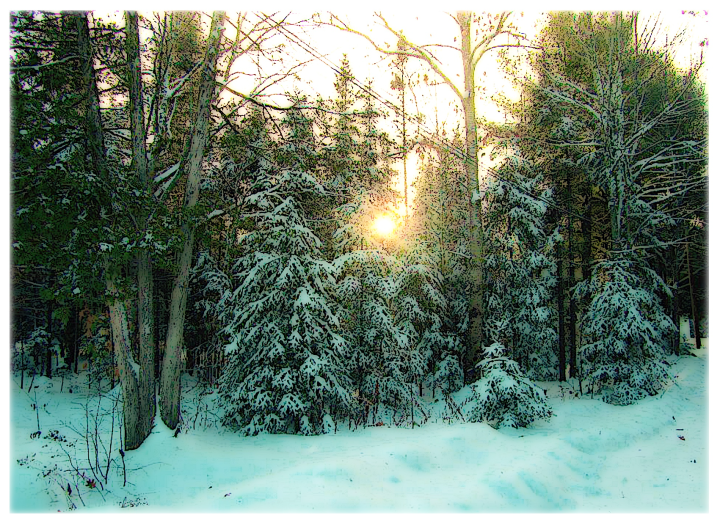I was never that much of a nature girl when I was growing up, I guess. I always loved animals, but I don’t think anyone in my family would have guessed that I would grow up, quit a hard-earned administrative job, and become a homesteader.
My husband and I have a small-but-growing-more-efficient-by-the-day homestead, and we’ve been working very hard at it for about seven years. During that time, we’ve gone from first having just a small organic garden to raising a very large organic garden, a blueberry patch, strawberry beds, chickens we hatched ourselves, and ducks. And this year we finally added our long-awaited asparagus.
I told my husband, “This is the dawning of the age of asparagus.” To me, planting asparagus means we’re here to stay.
As one might expect, farming things has brought me closer to nature than I ever thought I would be. I hug our Maple tree, talk to the beans and tomatoes, and love hanging out with chickens and ducks. Many of them have fantastic little personalities. Some can be a little rude. In fact, our little hen Butternut just pecked the heck out of me over and over while I was feeding people corn. I don’t even know what she was doing, but I am still thankful to know her.
And I am thankful for this change in myself.
In these past years, I have gone from being the woman sitting through endless meetings to the woman who gets to grade student papers at night and spend her days digging in the dirt, planting seeds, saving seeds, and making jam. I have learned to have so much respect for nature and the way nature works to give us amazing gifts. Humans just have to work some and give nature space to do her thing, but the gifts are there and ready for us.
I’m also thankful for the opportunity to live closely with animals and see how they respond to the world around them, to nature, and I have learned that what impacts our animals often has a direct impact on me.
The winter and our short days and long nights here in Maine give me a perfect example. Some of our hens are older, so they slow down or quit laying in the winter. I can’t blame them. Some days, the weather is miserable. I wouldn’t lay eggs either. Plus, it takes 14 to 16 hours of daylight for a hen to make an egg, so winter is no fun for our hens and means fewer eggs for our family.
But the winter solstice gives me hope for the light—and happier days for our hens and more time in the sun for me. Just as it seems the dark comes so quickly after summer solstice, I love that the light comes back so quickly after winter solstice.
Winter solstice brings the light, and that brings, for me, eggs, happy hens, happy ducks, gardening, fresh berries, and more.
I am so thankful for the solstice. I know the light is coming.

I wish you the very best winter solstice. It seems to me that, this year especially, we all need the light.
I trick my laying hens by allowing them to go to roost with the setting sun, but after 8 hours of darkness I turn on a hen house light waking the hens up to a lighted house. This light as well as a light on he outside of the hen house are on a timer. Both of these lights remain on until after natural sun rise.
Merry Christmas and Happy Gardening
LikeLike
We used to light our hen house in the same way, with the timer; then we decided to just let them rest. But I have to tell you that we are thinking of going back to at least a little light in the coop next year. I bought some store bought eggs last week, and they were so terrible I wanted to cry! Merry Christmas to you as well, and than you for reading!
LikeLike